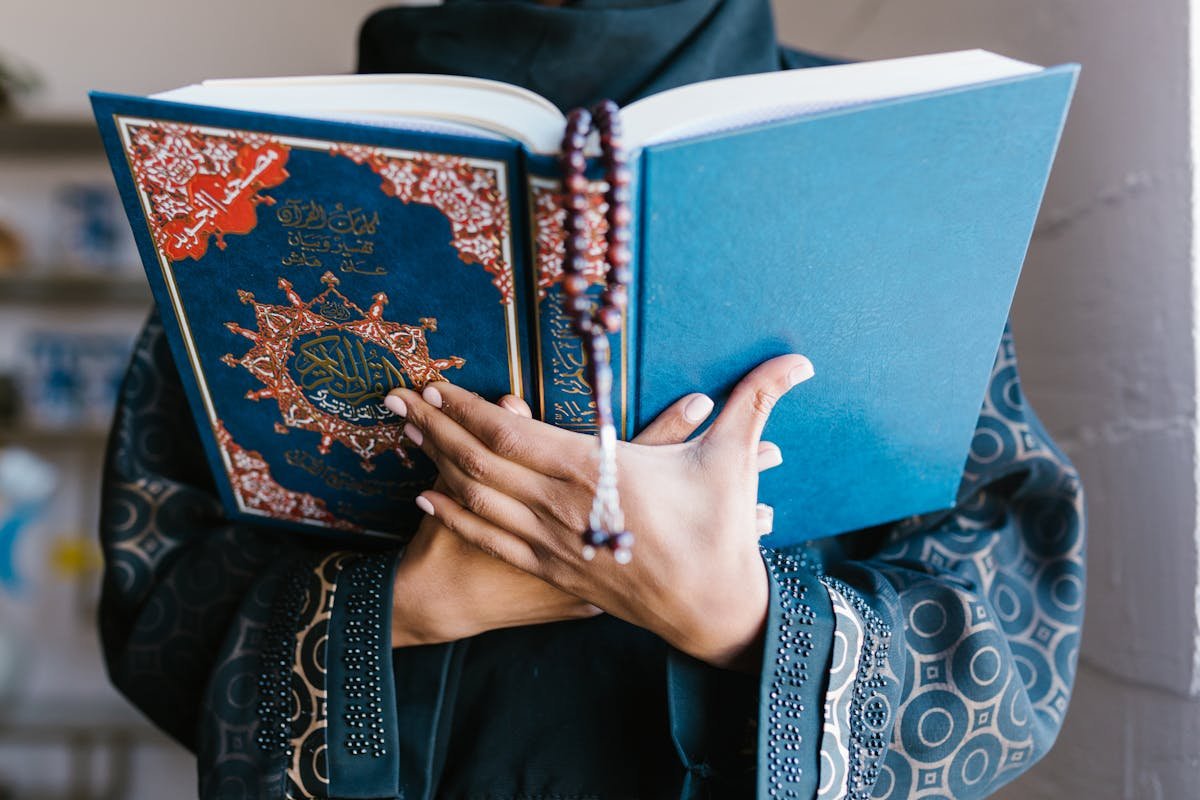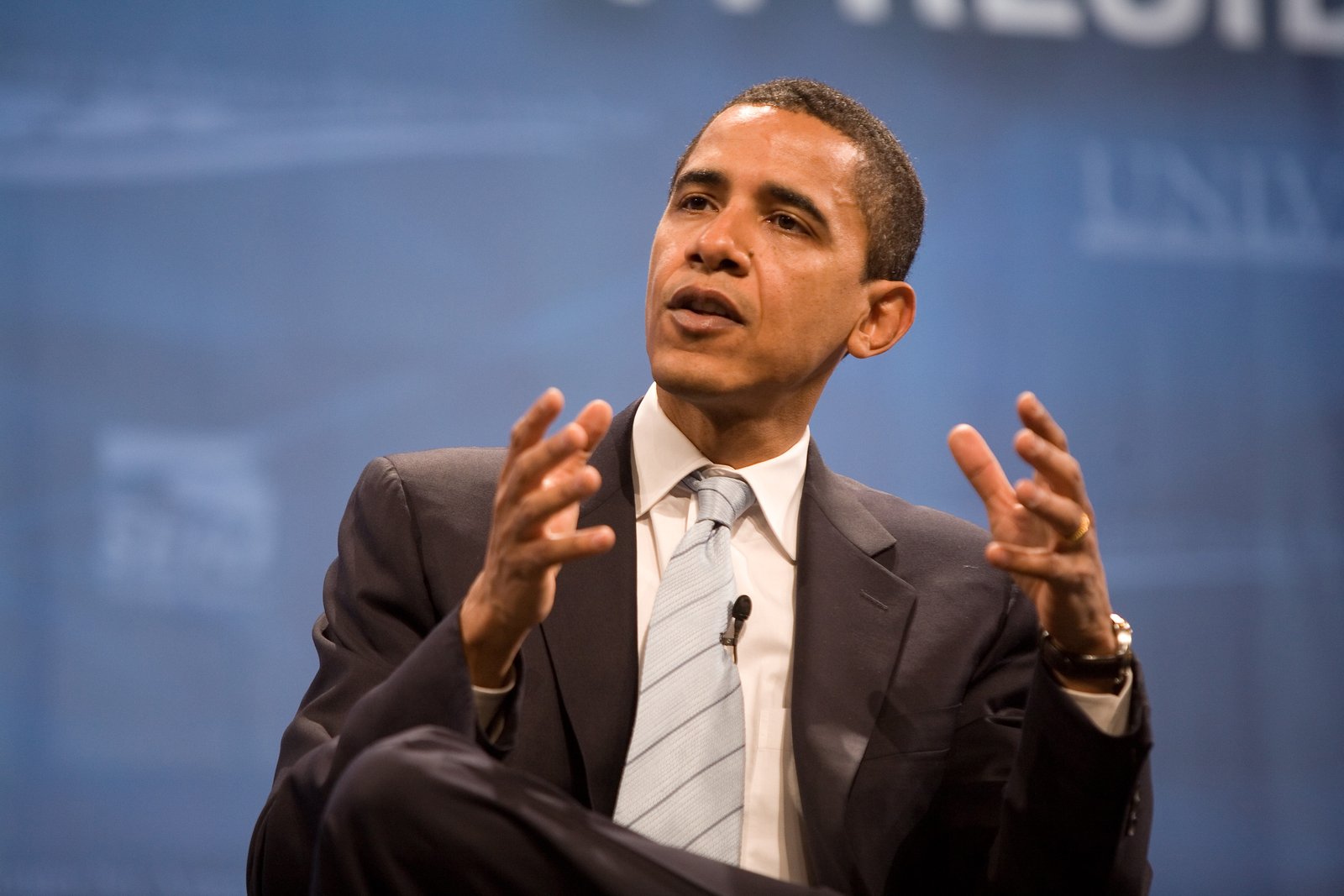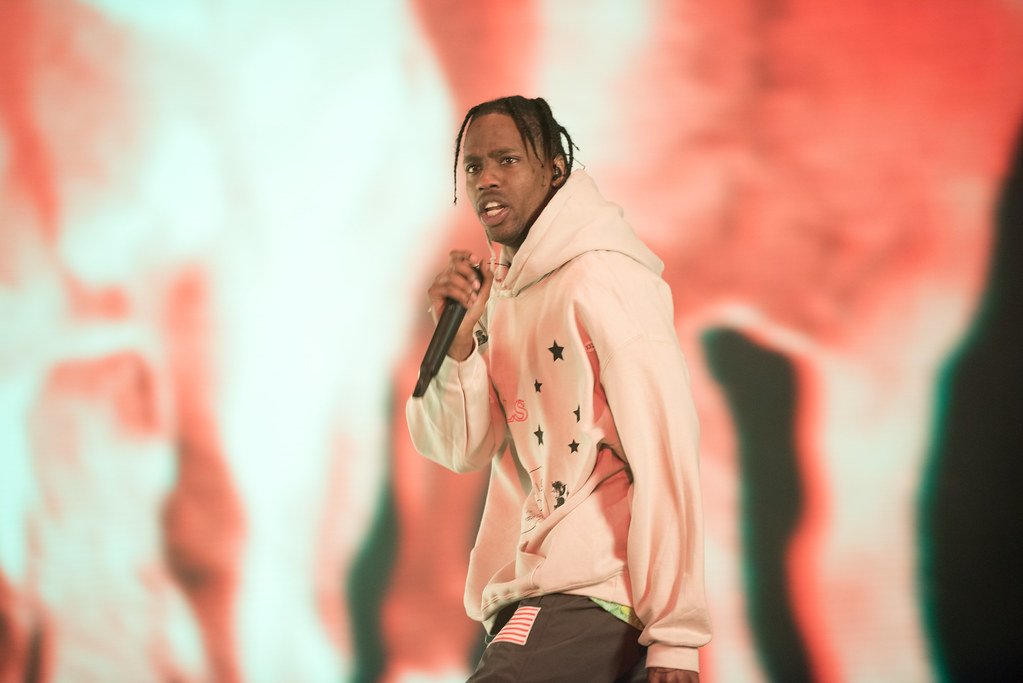Islam in the West: Why Most People Still Get It Dead Wrong
Religion & Spirituality / Date: 05-26-2025

Let’s be blunt—Islam isn’t what many in the West think it is. You've heard the soundbites: "Muslims don't assimilate," "Islam is incompatible with democracy," or the classic "Sharia law is coming for your freedoms." The truth? It’s more complicated—and more misunderstood—than most headlines would have you believe.
In this piece, we’re not just poking holes in tired stereotypes. We're ripping them wide open. You’ll see how these myths were born, who keeps them alive (hint: it’s not just media), and what the data and real-life stories actually show. We’ll also break down how you—whether Muslim or not—can start fixing this mess, one interaction at a time.
Myth #1: Muslims in the West Don’t Want to Integrate

You might’ve heard that Muslims in the West form “parallel societies,” clinging to their traditions while rejecting the values of the host country. Sounds ominous, right?
But it’s just not backed by facts. A 2021 Pew Research study revealed that nearly 78% of Muslims in Western Europe identify strongly with their host nation—often just as much as native-born citizens. In the UK, second-generation Muslims are more likely to speak only English at home than their parents were. That’s not rejection. That’s adaptation.
Still not convinced? Let’s get real. Integration doesn’t mean abandoning your identity. It means coexisting without conflict. When French Muslims wear a hijab while working in corporate jobs or when American Muslim teens join football teams and Snapchat their prayers—it’s integration. Just not the kind you’re used to seeing on Fox News.
So why does this myth persist? Short answer: it sells. Fear-mongering headlines get more clicks than quiet success stories ever will. And politicians? They find it convenient to have a common "other" to blame when the economy tanks.
The Real Story: Meet Sara, a French Pharmacist Who Beat the System
Let me tell you about Sara—she grew up in Marseille, where the Muslim population is constantly under the microscope. Her parents immigrated from Algeria, worked low-paying jobs, and pushed her to study hard. She graduated top of her class, and now she’s a licensed pharmacist who co-owns two branches.
One catch: she wears a hijab.
She told me, “I’ve had people walk out of the pharmacy when they saw me behind the counter. But I’ve also had regulars who wait just to speak with me.”
Sara’s story isn’t unique, but you won’t see it in prime-time media. She works, pays taxes, speaks fluent French, and knows more about French pharmaceutical law than most Parisians.
Yet, to some, her scarf cancels all of that.
And here's the uncomfortable truth—Western societies often ask Muslims to “prove” their loyalty in ways never demanded of others. Nobody is challenging Indian Hindus' or Irish Catholics' patriotism at the same time. So why the double standard?
The Sharia Panic: Why It’s Mostly Fiction
Ah yes, the "Sharia law is coming!" crowd. Let’s break this down.
First of all, the implementation of a parallel legal system in the West is not something that Muslims are attempting to do. What’s often misunderstood is that Sharia is more than a legal code—it’s a personal ethical guide. Think kosher for Jews or canon law for Catholics. It helps Muslims decide how to pray, fast, or handle inheritance.
In fact, not a single Western government recognizes Sharia as a legal system above national law. What does exist are arbitration courts—voluntary ones—used to settle civil disputes like divorce or family matters, just like Beth Din courts used by Orthodox Jews.
But guess what? The outrage is selectively applied. When Jews or Christians self-regulate, it’s “cultural freedom.” When Muslims do it? “Invasion.”
So, What’s Fueling the Fear?
There’s a cocktail of culprits:
- Media framing: A 2019 analysis by Media Tenor found that 80% of news coverage about Muslims in the U.S. was negative—mostly tied to terrorism.
- Political opportunism: Right-wing politicians across Europe (Le Pen, Wilders, etc.) have built entire platforms blaming Muslims for everything from unemployment to national identity crises.
- Echo chambers: Social media algorithms feed you what keeps you scrolling. And fear sells—big time.
Here's something to chew on: If Islam were inherently violent or incompatible with democracy, how do you explain peaceful Muslim-majority democracies like Indonesia, Tunisia, or Senegal?
Actionable Fixes: No, Posting an “I Love Muslims” Meme Doesn’t Cut It
We don’t need more shallow gestures. We need deep, consistent efforts.
1. Check Your Own Biases
Don't just follow along; think about your instincts. Has wearing a hijab on a plane ever made you uncomfortable? Consider why. Is it programming or logic?
2. Diversify Your Info Diet
Go beyond the headline-grabbing content. Observe Muslim scholars, journalists, and artists. Any recommendations? Mehdi Hasan, a journalist; Dalia Mogahed, a scholar; and Amani Al-Khatahtbeh, the developer of MuslimGirl.
3. Community-Level Interactions
If your neighborhood’s hosting an interfaith dialogue or open mosque day—go. Bring the kids. Ask the “awkward” questions. Real understanding doesn’t come from TED Talks; it comes from tea and talk.
4. Hold Media Accountable
Call out biased coverage. Demand nuance. If you see a publication reducing 1.8 billion people to “radicals,” write in. Tweet. Unsubscribe.
The Bottom Line?
There is no immediate threat from Islam in the West. It’s a messy, evolving coexistence—and frankly, it’s working better than most people think. The louder the myths, the quieter the truths get.
Follow Us
Newsletter
Subscribe to our newsletter to stay updated with our latest news and offers.
We respect your privacy.Trending








